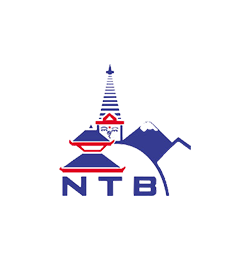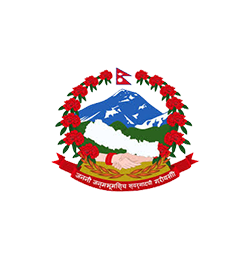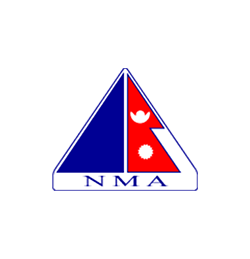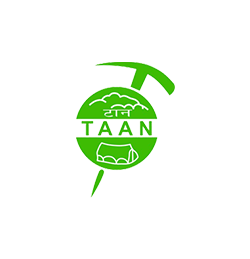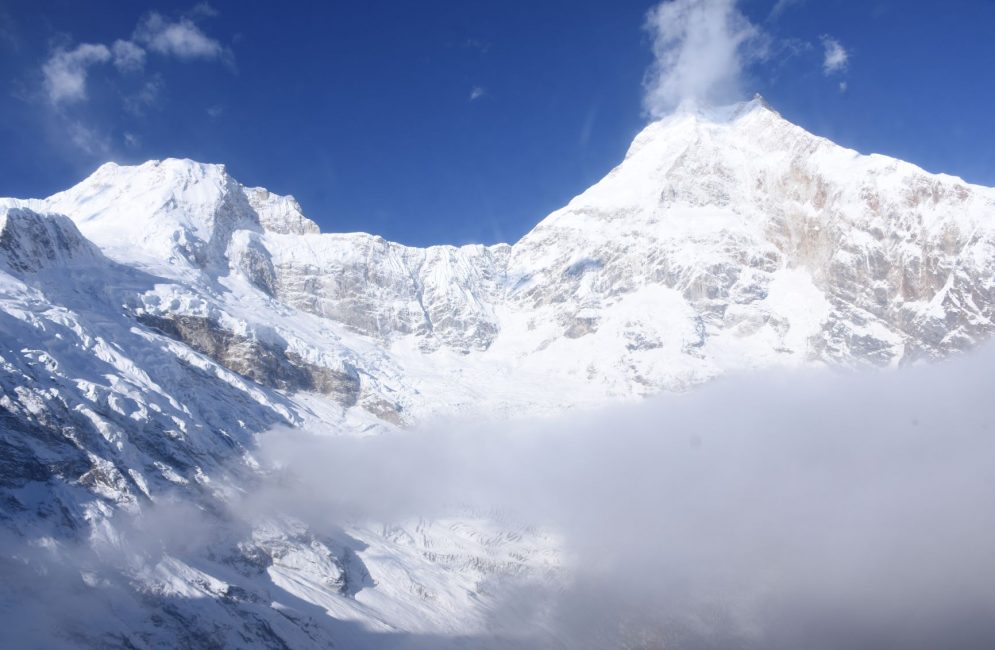
Introduction
COVID-19 has made an impact in the full global, in both economic and health terms, remains unknown. In those counties, like Nepal where consequences are low- and middle-income, where national economies rely on a small number of industries and services are now deeply worrying. Tourism is the largest and backbone industry in Nepal. On the country’s Gross Domestic Product (GDP) the tourism revenue in 2018 was accounted for 7.9% which supported 1.05 million jobs with the expectation of providing 1.35 million jobs by 2029. Nepal welcomed 1.19 million foreign tourists in 2019 and the government of Nepal has made a campaign of ‘visit Nepal 2020’ which was officially introduced on 1st January and aimed to attract 2 million tourists and generate $2 billion by creating a thousand of new jobs.
First Corona Virus Case
The first case of the Coronavirus was recorded on 23 January in Nepal. Then the government suspended the ‘Visit Nepal 2020’ initiative on 3 March, in response to cases of worldwide increasing exponentially and to amid growing public concern. The government suspended all permissions for mountaineering expeditions and suspended all visas shortly after the declaration of the Coronavirus pandemic on 13 March by the World Health Organization (WHO). Then shortly after the second imported confirmation case on 23 March the government locked the country down and suspended all domestic and international flights.
Massive cancellations of tourist and hotel bookings resulted from the widespread unemployment and the loss of income and threatened livelihoods for thousands. In January 2020 the tourism followed a 2% drop in tourist arrivals after the collapse of international and domestic tourism compared to 2019. Tourists over 10,000 had entered Nepal before the lockdown and also was left stranded, however many of them were eventually repatriated.
The war on tourism
For tourism and hospitality industries COVID-19 has spelled disaster. In short, millions of jobs were lost and businesses were devastated. There would be a deep recession and that will have a sustained impact on luxuries like on tourism and hospitality (2020). Some industries commentators are looking at the pandemic as a chance and hit pause, rewind a little, and changed the track, rather than redoubling efforts to help prospective recovery which also often looks forward to lower levels and diminished industry of leisure mobility. Currently, tourism reform is in an ethical position was claimed and even a realistic one is false. As soon as possible the efforts are focused on the recovery of tourism which is expected to have a champion growth, ambition, and freedom to that end.
Economics and trade
One of the largest industries of Nepal is Tourism (Trekking in Nepal) which generates many billions yearly. In 2019 Nepal’s tourism industry has generated more than 240 billion and supported 1 million jobs. The tourism industry has a hard hit Novel Coronavirus which is impact negatively Nepal’s tourism-based economy.
As WHO confirmed 209,839 cases globally among which, 81,174 were from china alone, then Nepal has realized about the COVID-19. That COVID-19 is an epidemic that haunts even the most powerful countries in the world. The cases were spread across the 182 countries and territories all around the world and 1 international conveyance which was the Diamond Princess cruise ship harbored in Yokohama, Japan.
The counts of death cases were increasing exponentially and only in China, the number of deaths has come to 3242. On January 25 the first case of Corona Virus was reported in Nepal which was not too through local transmission rather was an imported case only. Since its first case, there have been more than 2 months. At first, the situation in Nepal was still under control, but then the cases of COVID-19 were increasing rapidly. Now Nepal is also facing serious threats to its economy. Nepal is a country in which prosperity is heavily independent of its tourists. The tourism and travel industry was the hardest hit industry by the Corona pandemic.
Even though Visit Nepal 2020 was an important event in Nepal and cancellation of this program can cost millions of losses in Nepal, but also this amount is still less than the health cost of its people. After realizing this4 various measures were taken by Nepal’s Ministry of Health and Population. Including China, North Korea, Iran, Japan, and Italy the countries which were affected by or at high risk of COVID-19 the Nepali nationals were advised to refrain from ‘non-essential travel’.
The citizens from China, Japan, South Korea, Iran, and Italy were restricted to enter Nepal only in Visa-on-arrival entry they were allowed to enter, the decision was taken by the government of Nepal. From then only those citizens from the above-mentioned countries would require a visa before their travel from the embassies of Nepal in the respective countries. The visa process was suspended until March 10 till the date of any further notice.
COVID-19 back to business
On travel and tourism, as well as the arts, events, and hospitality affiliated sectors the COVID-19 pandemic crisis were devastating in its impacts. The UNWTO ( United Nations World Tourism Organization) has estimated up to an 80% decline in international tourism in 2020 and a possible of US$ 1.2 trillion loss in tourism export revenues which can risk up to the 120 million direct tourism jobs according to the UNWT, 2020.
As the media report of Kathmandu said, hotels across Nepal have decided to shut completely due to the lack of business and until the situation of Corona Virus improves in the Country. Nepal has also decided to shut down the hotels for at least six beginning weeks from March 21. The decision was also intended to prevent the possible spread of the coronavirus among the hotel’s guests and staff. But this became like a war between the tourism industry and Corona Virus in Nepal.
Conclusion
As the whole globe is facing the COVID-19 pandemic, the war has begun in Nepal with tourism. As tourism is the backbone industry of Nepal. Now Nepal is getting back into the normal situation and opened the international flights, hotel industry, and the tourism industry.

